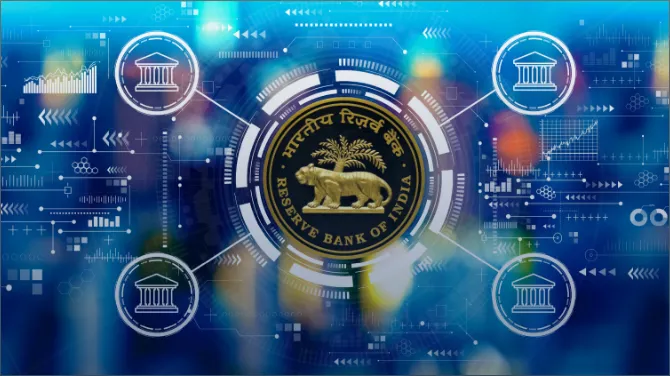About
Like individual consumers, businesses and organisation of all kinds, banks need their own mechanism to transfer funds and settle inter-bank transaction-such as borrowing from and lending to other banks-and customer transactions. As the banker to banks, the Reserve Bank fulfills this role.
Since its inception, Reserve Bank of India has undertaken the traditional central banking function of managing the government’s banking transactions. The Reserve Bank of India Act, 1934 requires the Central Government to entrust the Reserve Bank with all its money, remittance, exchange, and banking transactions in India. The Reserve Bank may also, by an agreement, act as a banker to State Governments.
The Reserve Bank has well defined obligations and provides several banking services to the Governments. As a banker to the Government, the Reserve Bank receives and pays money on behalf of the various Government Departments. It provides Ways and Means Advances – a short-term interest-bearing advance – to the Governments, to meet temporary mismatches in their receipts and payments. Besides, like a portfolio manager, it also arranges for investment of surplus cash balances of the Governments. The Reserve Bank acts as an adviser to the Government, whenever called upon to do so, on monetary and banking related matters. The Central Government and State Governments may make rules for the receipt, custody and disbursement of money from the consolidated fund, contingency fund, and public account. These rules are legally binding on the Reserve Bank as accounts for these funds are with the Reserve Bank.
The banking functions for the Governments are carried out by the Government Banking Divisions at the offices/branches of the Reserve Bank. As it has offices and sub-offices in 34 locations, the Reserve Bank appoints other banks to act as its agents for undertaking the banking business on behalf of the Governments. The Reserve Bank pays commission to the agency banks for the same. Final compilation of Government accounts, of the Centre and the States, is done at Central Accounts Section, Nagpur office of the Reserve Bank.
Banks are also required to maintain a portion of their demand and time liabilities as cash reserves with the Reserve Bank. For this purpose, they need to maintain current account with the Reserve Bank. The current account of the banks is opened by the Banking Departments of the Reserve Bank’s Regional offices. The Department of Government and Bank Accounts (DGBA) issues general guidelines for opening the current accounts.














